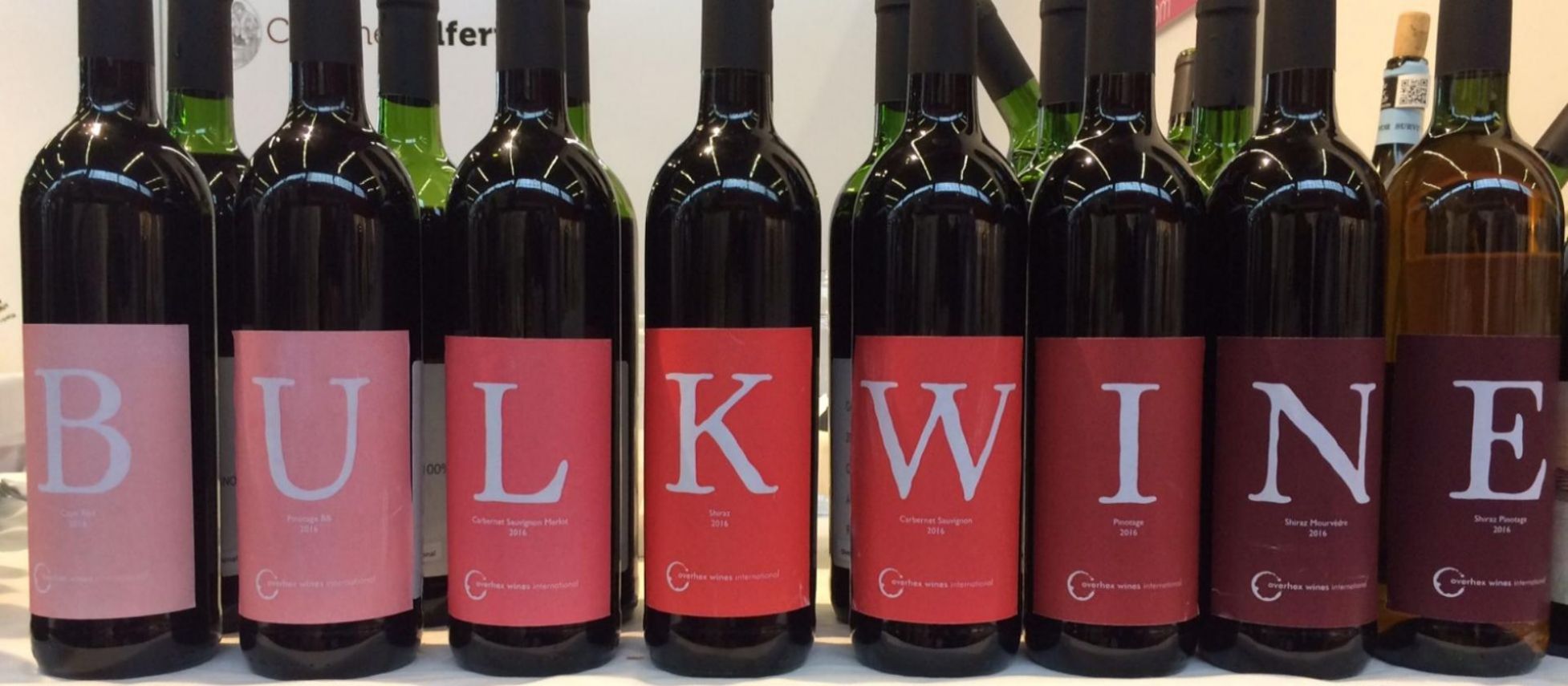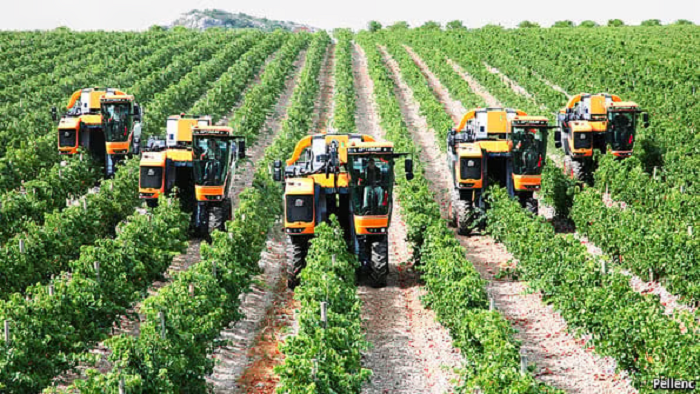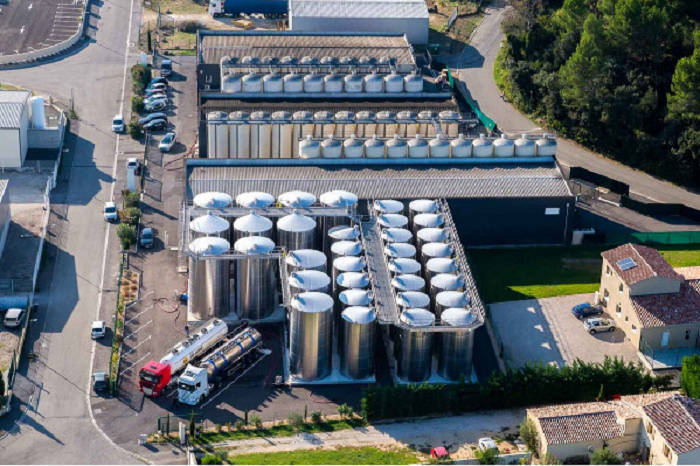Blog
Insights
The Influence of Bulk Wine Production on Wine Regions and Appellations

From enhancing the economy to affecting sustainability, exploring the pros and cons of bulk wine production.
Bulk wine production, characterized by the large-scale production and distribution of wine, has been a significant driving force in the global wine industry for decades. While it provides economic benefits and accessibility to wine consumers worldwide, it also impacts wine regions and appellations in various ways. Bulk wine production indirectly impacts climatic factors such as water scarcity and temperature rise, which further results in a reduction of vineyard surface area. This article explores the influence of bulk wine production on traditional wine-producing areas, examining both the advantages and challenges it brings to the table.
Impact on Terroir
Terroir, the unique combination of soil, climate, viticulture, and much more is the core of traditional winemaking. Bulk wine production may overlook the importance of terroir as the focus shifts toward mass production and cost efficiency. This can reduce the quality of the expression of a region's terroir in the final wine, leading to wines that lack the complexity, depth, and essence of the place traditionally associated with the appellation.

Source: Economist
[[relatedPurchasesItems-50]]
Economic Impact
Bulk wine production plays an important role in the economic stability of wine regions. By allowing producers to buy and sell wine in large quantities, bulk wine trading ensures a consistent cash flow for wineries, especially during years of abundant harvests. This can reduce the financial risks associated with vintage variations, also supporting the livelihoods of many in the wine industry. Additionally, bulk wine production and trading facilitate international commerce, enabling regions with surplus production to export their wine to countries with high demand. This enhances the reputation and recognition of the wine regions involved, leading to increased tourism and investment in the local economy.
Impact on Small Producers
While bulk wine production allows for wider distribution, it may also contribute to market saturation. The huge volume of wines flooding the market can create challenges for smaller, artisanal producers who find it difficult to compete with the low prices of bulk-produced wines. This could lead to a decrease in diversity and creativity within the wine industry, as smaller producers struggle to survive and maintain their traditional winemaking practices.
Impact on Emerging Regions
On the other hand, bulk wine production can offer opportunities for emerging wine regions. By engaging in bulk wine trading, these regions can gain visibility in the global market without struggling to build their reputation from scratch. This can open doors for smaller producers to establish themselves internationally, leading to more diverse offerings for consumers.

Source: Vitisphere
Impact on Wine Styles
One of the challenges arising from bulk wine production is the potential equalization and standardization of wine styles. With a motive to cater to a broader market, bulk producers may opt for more generic and palatable blends, impacting the distinct characteristics of a particular wine region. As a result, the uniqueness and authenticity of wines tied to specific appellations may be at risk, leading to a loss of identity and cultural heritage.
Impact on Quality
Maintaining quality is a significant concern in bulk wine production. With wines originating from various sources, it can be challenging to ensure consistency in taste and overall quality. It is essential to rigorously assess and manage the quality of the grapes entering the production process to ensure the final wine meets desired standards. Winemakers must avoid blending lower-grade wines with higher-grade ones, which could negatively impact the reputation of both the wine region and the appellation.
Impact on Environment
Bulk wine production can have significant environmental implications. Large-scale vineyard management and transportation of wine over long distances contribute to carbon footprints, resulting in greenhouse gas emissions. Moreover, the use of additives to enhance the color, flavor, or stability of the wine and achieve higher yields may lead to soil degradation and water pollution, impacting the sustainability of the wine regions and appellations.

Source: Wine-Searcher
Bulk wine production undeniably contributes majorly to the reputation of the wine industry globally. While it brings economic advantages, it also raises concerns regarding standardization, terroir preservation, environmental impact, and market saturation. Striking a balance between the benefits of bulk wine production and the preservation of traditional winemaking practices is crucial to sustaining the diverse and rich heritage of winemaking that defines the authenticity of wine regions and appellations. Only through careful management and thoughtful practices can the wine industry embrace the opportunities while mitigating the challenges of bulk wine production in the ever-evolving global wine landscape.
Get Your Visitor Tickets Here and join the bulk and private label industry in London on November 18-19, 2025.

